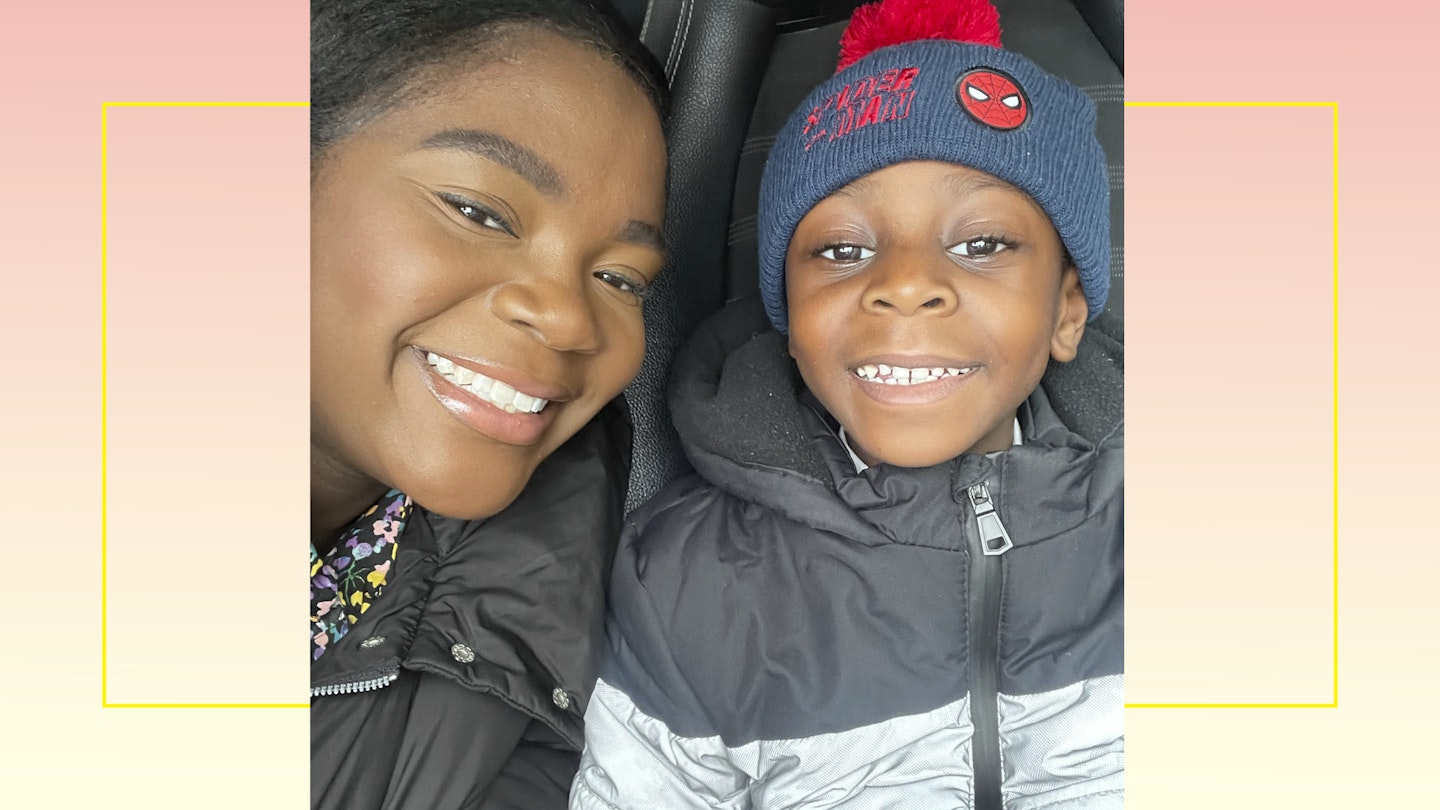If you are a parent of an autistic child or a child waiting for a diagnosis then I can guarantee that you’ve heard the phrase 'early intervention is key' about a million times.
My son Ezekiel is five years old and for the past three and a half years, since he was 18 months old, we have been on a rollercoaster of a journey from suspecting he was autistic, getting a diagnosis and you guessed it- early intervention strategies.
I hand on heart believe that a lot of the early intervention strategies we did with him from a young age has contributed to some of the progress we are seeing in him now. Ezekiel is non verbal but over time we are starting to see him say more words, for example, more echolalia (repeating words) and more spontaneous speech too. You can’t have a conversation with him just yet but he’s changed so much from the child who couldn’t speak a few months ago to now being able to communicate some of his needs.
Early intervention is essentially an umbrella term for the range of support and therapies that aim to improve your child's development and learning. This can include a number of things such as speech and language therapy, occupational therapy and input from parents.
Most children can benefit from a combination of therapies – this is called a multidisciplinary approach. The majority of children often need different therapies or therapy combinations at different stages of their development to see significant improvements. At this point, it is important to note that there is no ‘best’ intervention for children with autism. An intervention that helps one child may not be suitable for another, so parents should always seek professional guidance before proceeding with anything.
As parents and caregivers, it’s important we make sure that our children’s developmental delays and needs are picked up as soon as possible and that we start early intervention quickly to give children the best chance of raising their full potential.
You might be asking yourself how do I access these early intervention strategies? I know it can feel like a minefield when you get the diagnosis or if you are still awaiting it. I found it very hard to wrap my head around everything that was available when I initially received Ezekiel's diagnosis, it can become really overwhelming. It is difficult enough just being a parent let alone trying to keep on top of all the things that are available out there but hopefully, this can be a good starting point to benchmark against.
It's also useful to know that different boroughs and local authorities operate slightly differently and you will have to do your own research on what is available in your local area as some of these interventions need referrals from specialists and some of them you can pay for privately. An easy way to do this is by looking at your boroughs SEND Local Offer. The Local Offer aims to bring together useful information across education, health and social care within one website. It's a great place to find information, advice and guidance and a range of local service providers who support children and young people with additional needs.
Some examples of early intervention strategies/therapies are: Occupational therapy, speech and language therapy, play therapy, music therapy, lego therapy, using makaton/ sign language, Social Stories and PECS (Picture exchange Communication System).
Before Ezekiel got his diagnosis we had some speech and language sessions provided by the borough and they suggested Makaton which I had to learn to be able to teach him. Makaton is a unique language programme that uses symbols, signs and speech to enable people to communicate. At first, Ezekiel used the signs and now he has dropped some of the signs and uses the words to communicate his needs. It has been helpful in relieving some of his earlier frustrations of not being able to communicate effectively and has helped us massively as a family to understand him.
There are so many other types of interventions out there but I would highly recommend being cautious about any treatment that claims to ‘cure’ autism. Autism is a lifelong condition and cannot be 'cured'. It is dangerous to say autism can be cured because it perpetuates the harmful idea that being autistic is a negative thing that needs to be fixed. It can also create unrealistic expectations for families, leading to disappointment and frustration when 'cures' do not work. Ultimately, it is more important to focus on supporting autistic individuals to live fulfilling, happy and meaningful lives focusing on their strengths and what they love, rather than trying to change who they are.
It is important to make sure you are not alone on your journey of raising your autistic child. Seeking support from other parents in similar positions to you in the form of peer support groups and organisations can make your life just that little bit easier. Never underestimate the power of speaking to people who are going through the same thing as you or are just a bit ahead of you in their journeys, as well as talking to some experts as a form of research when deciding what routes to take but ultimately it is your decision. Focus on strategies that are right for your child's individual needs and strengths.
If you suspect your child is autistic it is important to seek an evaluation from qualified healthcare professionals who specialise in diagnosing and treating autism.
Visit The National Autistic Society here
Visit the NHS WebsiteHere
You can follow Tinuke here: @tinukeawe @learningwithez @fivexmore_
